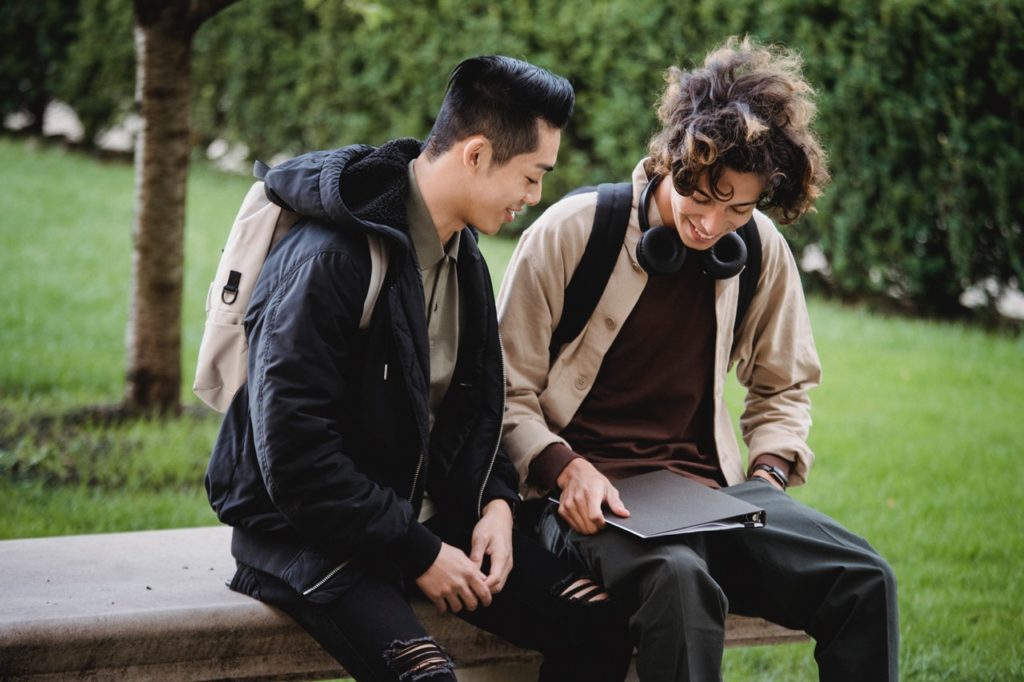Some things to know about Generation Z, or those born in 1996 and later, are that they are on track to be the best-educated generation yet. The majority of them are less likely to drop out of high school and more likely to seek higher education in college or university. They also share many similar convictions with their immediate seniors, the millennials, regarding climate justice, racial justice, and sexual ethics. They are more diverse in ethics and race compared to previous generations.
Given everything to know about them, it’s safe to say that this generation is ripe to do good things not just for the United States but for the world. If you are a parent, teacher, educator, or any mentor or guardian of some sort who wants your kids and students to be more involved with worthwhile causes and advocacy, here are some tips and pointers to engage them.
Educate them about the world’s most pressing issues
While they may have information at the tip of their fingers thanks to the internet, we can’t always be sure that the information they access is always accurate and correct. In 2017, the Pew Research Center warned that the dark side of humanity is more aided than stifled by technology, and we can see the effects of that in 2020 and 2021.
For this reason, it is our job as parents, teachers, guardians, educators, or mentors to do our own research, stick to data and information that’s backed by evidence, experts, and science, and teach our children to do the same. The onus is on us to pave the path that the next generation will walk.
We need to do that by educating them on the world’s most pressing issues and the path of kindness towards people and our planet. We need to direct them to the right thought leaders and evidence-based takes on issues. Once they have access to all the right information, they can form their own convictions and conclusions about the issues—as long as they’re given accurate information first.
Expose them to the day-to-day struggles of those affected
It’s one thing to understand issues in theory, but young people need to see for themselves just how these issues are affecting people in the real world. Issues like poverty, ableism, racism, sexual discrimination, abuse, and other pressing matters may be understood through academic papers, statistics, and articles. But unless they see how these issues negatively impact people, human beings will remain numbers instead of flesh and blood experiencing suffering.
Why not bring your kids to an orphanage or an animal shelter, or encourage them to volunteer with Habitat for Humanity? There are plenty of ways to expose them to the day-to-day struggles of the underserved and marginalized, and you can help facilitate these excursions so that they can get off their ivory towers and truly be among the people they’re trying to help.
Teach them how to verbalize and advocate

Once they have a clear grasp of the issues and the people they need to advocate for, it’s time to teach them how to speak their minds, verbalize their thoughts, and lobby for change. Here are some tips to consider:
- Enlist the help of grant writing service providers to train your students in the art of writing formal proposals, especially if the advocacy involves a lot of funding and lobbying with government offices and corporations.
- Teach them to study some of the world’s greatest activists and orators, like Martin Luther King, Jr., Winston Churchill, Maya Angelou, Harvey Milk, Nelson Mandela, Malala Yousafzai, etc. Teach them how to guard against blatant copying and plagiarism, but teach them to find inspiration in these incredible activists who helped change the world for the better.
- Educate them on how to do proper research and how to strategize so that they can provide real-world solutions to practical problems.
- Remind them that their job as activists and advocates is to provide a platform for the underserved and not take the microphone away. They do not speak on behalf of those who need help; they give back the voice and the agency to them.
One of the biggest lessons you need to remind them of is that they are not alone in inheriting these problems. They can work hand in hand with the previous generations, and they can take breaks when they need to. Remember to empower, but don’t place the burdens solely on their shoulders. They are not alone, and mentors like you can partner with them in work and solutions.






